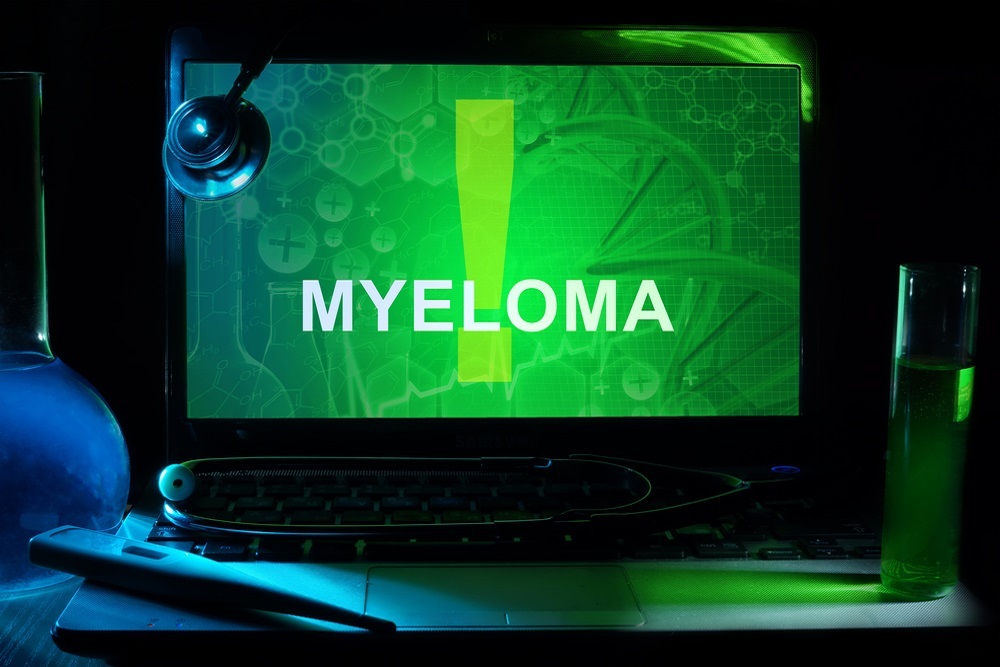Amgen's Xgeva Phase 3 study, the largest international multiple myeloma trial ever conducted, met its primary endpoint by demonstrating that the drug is non-inferior to zoledronic acid in delaying the time to first on-study skeletal-related event in patients with multiple myeloma.
"Bone complications in multiple myeloma patients, including fractures, can have a devastating impact on patients," Dr. Noopur Raje, director of the Center for Multiple Myeloma, Massachusetts General Hospital Cancer Center in Boston, said in a statement. "Current treatment options for these complications are limited to bisphosphonates, including zoledronic acid, which are cleared by the kidneys and can be associated with increased renal toxicity. Renal impairment is a common complication in multiple myeloma patients. Denosumab, which is not cleared by the kidneys, may offer a novel, safe and effective option for multiple myeloma patients."
In the study, patients treated with Xgeva had fewer renal adverse events compared to those treated with zoledronic acid. Amgen presented this information during an oral session at the 53rd annual meeting of the American Society of Clinical Oncology.
"Preventing fractures and other bone complications and preserving renal function are two of the most important aspects to consider when caring for patients with multiple myeloma," Dr. Sean Harper, executive vice president of research and development at Amgen, said.







 Alerts Sign-up
Alerts Sign-up